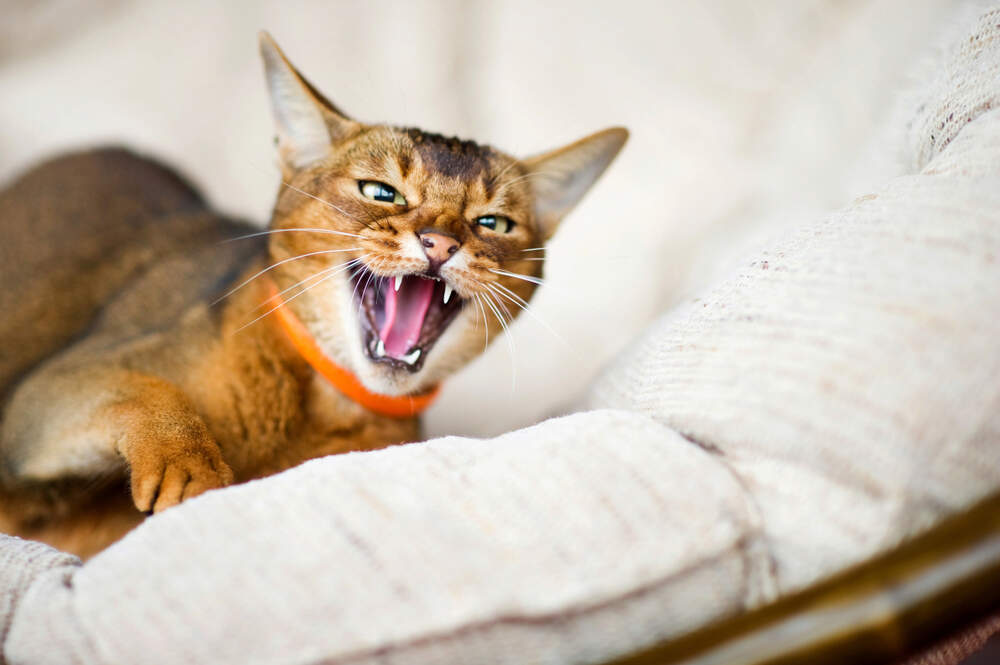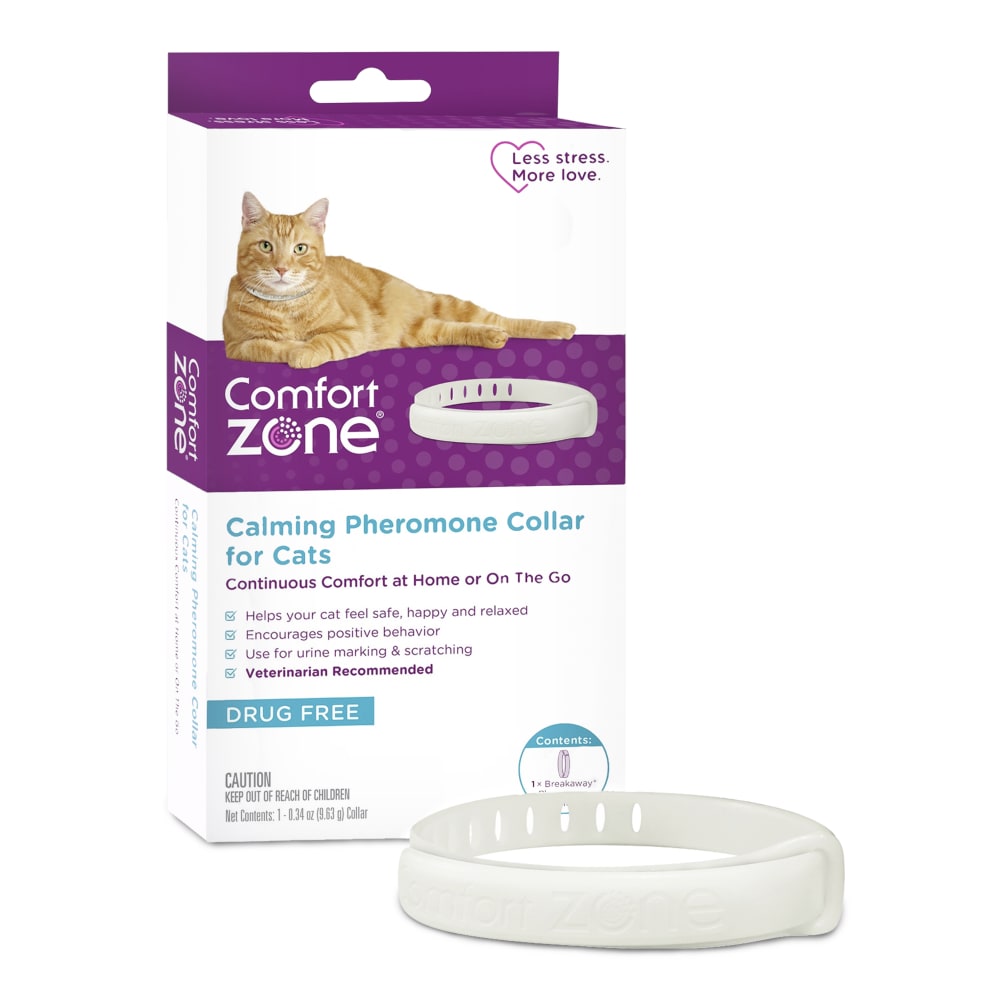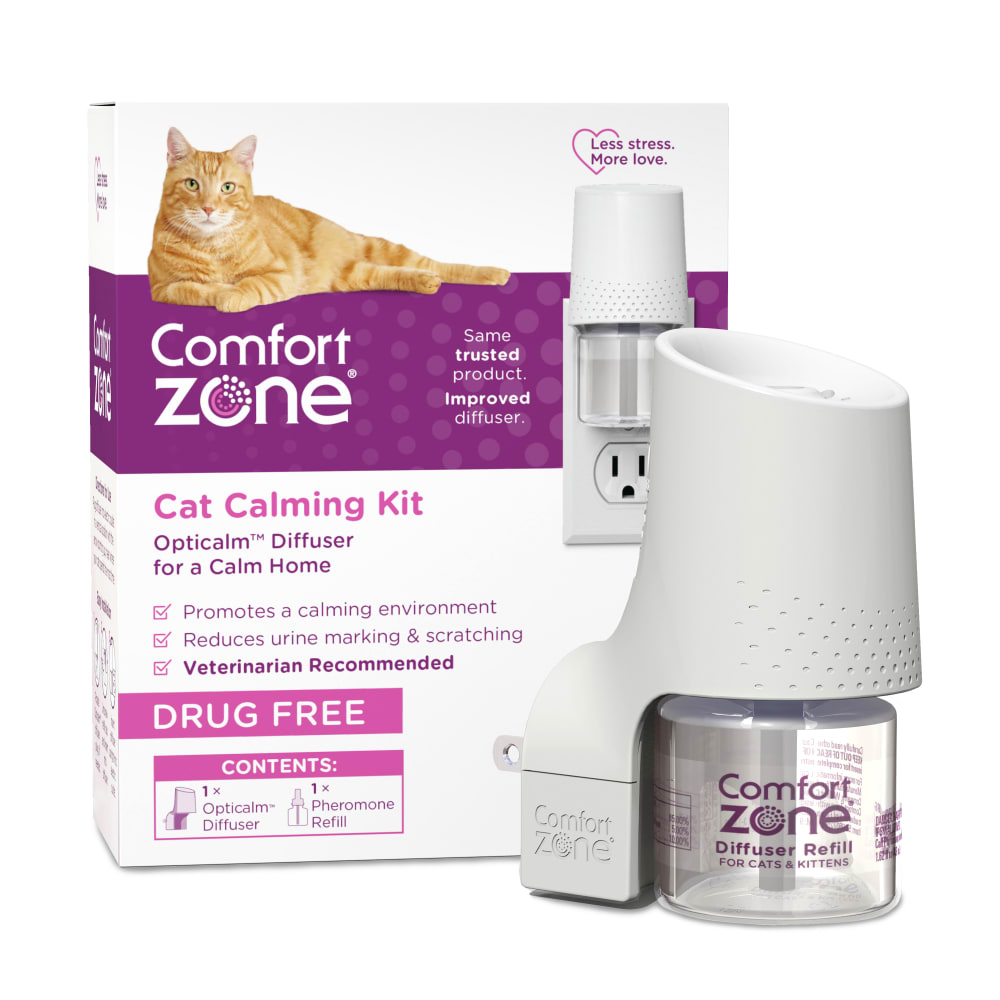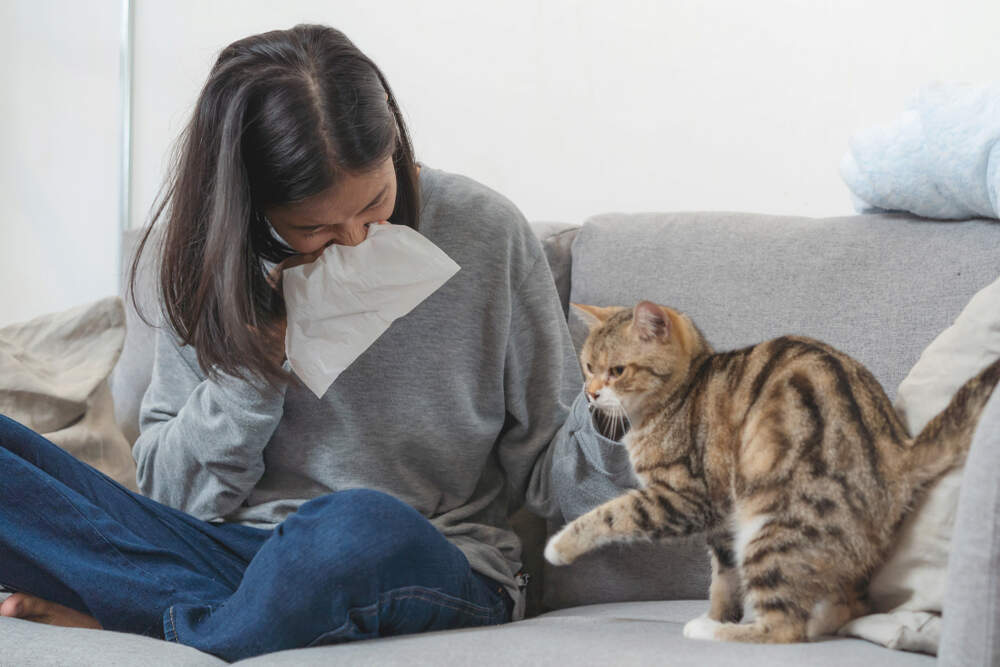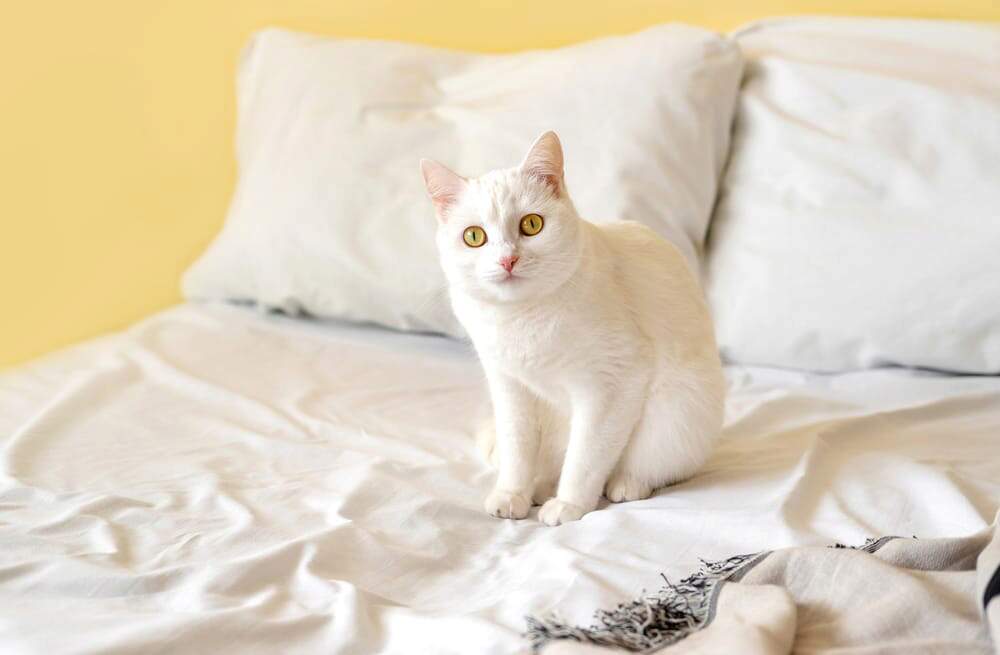Why Do Cats Hiss? Is My Cat Upset?
Hearing your cat hiss and growl can be pretty scary. Whether he's hissing at other cats, your dog, or even you, it can leave you feeling unnerved. It's important to remember your cat isn't hissing to be a bully or trying to be mean. Hissing is a basic form of communication for cats, and it's supposed to sound intimidating. That's the whole point! You can best help a hissing cat by understanding his language and the motivations behind his hiss.
Hissing Is a Form of Communication
When you're extra stressed, you might yell, cry, or kick at the ground. If you feel threatened, you might call out for someone to help you. Cats can also feel stressed or threatened, but they don't express themselves in the same way humans do. For cats, a hiss or even a growl is part of their communication style. You might think it's the same as physically punching someone—an act of anger. But often, it's more of a warning and a way of saying, "Hey, I'm feeling uncomfortable and vulnerable, so give me some space."
Of course, sometimes it can lead to cats fighting or to a scratch or a bite. In the beginning, it's more of a request to give the cat some space. However, it's definitely not something to ignore. If your cat hisses when you touch him, it might mean he's in pain.1 It's a good idea to visit your veterinarian if your cat's personality suddenly changes.
Why Do Cats Hiss at Other Cats or Even Kittens?
Sometimes cats hiss at other adult cats to show dominance. Cats are territorial and may have specific spaces in your home marked as "theirs." When another cat encroaches on that space, hissing might occur to re-establish the hierarchy in your home until they learn to get along again.
Even if your cats are friends, one might start hissing at the other if something changes. For example, if you bring one cat back from the veterinarian, your other cat might hiss because she smells funny.
As for kittens, hissing can even be a "teaching tool," letting a kitten know when she's scratched or bitten too hard during play. But if you hear an adult cat hissing at a kitten, watch closely; you don't want your kitten getting hurt!
Keep in mind that not all hissing between cats is bad. Adult cats sometimes "play fight," and they'll lightly hiss and scratch at each other while playing. If they actually injure each other or you find one cowering in a corner, that means playtime has turned into a bona fide fight.
Why Do Cats Hiss at Dogs?
Cats hiss at dogs for many of the same reasons they hiss at other cats. If your cat feels intimidated by your dog, he might hiss to reassert dominance. He's telling your dog not to venture in too close. Since dogs and cats speak different languages, your dog might not pick up what your cat's trying to say. Your dog might even be tempted to chase your cat, which you need to stop right away.
If your cat is feeling particularly stressed by one of your other pets (dog or cat), you may need to reintroduce them to each other. You can do this by keeping them in separate rooms for a bit and feeding them on opposite sides of a closed door. Let them get used to each other's smells in a non-threatening environment. Once they're calmer, slowly give them supervised face-to-face meetings.
Why Do Cats Hiss at People?
Is your cat hissing at a roommate or a guest? There's a reason for this too. Cats hiss at people because they feel intimidated or don't recognize the person's smells.2 They might even pick up the smell of another animal on your friend! If this happens, tell your friend not to approach your cat or try to pet her. The best action is to ignore your cat. In "cat language," this communicates that your friend isn't a threat or trying to take any of her territory. In time, your cat might venture out to learn more about this strange-smelling person.
But cats don't just hiss at strangers. Sometimes your cat might even hiss at you, seemingly out of nowhere. Many things can prompt this, but it's usually because your cat is overstimulated and feeling insecure. There's just too much going on, and she needs everyone to back off for a bit. When taken outside on a harness for a walk, even the friendliest cat might get overwhelmed by all the sights and sounds. If you reach down to pet your kitty at the wrong time, she might hiss at you, swat, or even bite your hand.
If your cat recently had something really scare her, she might hiss at you when things seem normal. It doesn't mean she's mad at you; it just means she has a lot going on in her head and she's feeling overwhelmed. Don't scold her or yell at her; it will only make things worse.3 Instead, give her space, move slowly when you're nearby, and wait for her to approach you. You can also give her a few extra "comfort treats."
Comfort Zone Products Can Help
Your cat's "e-meow-tional" health is just as important as his physical health. You can use Comfort Zone products to help manage stress and promote a sense of relaxation. If your cat is hissing at other cats in the home, try the Comfort Zone Multi-Cat Diffuser. If he's the only cat, use the Comfort Zone Calming Diffuser. Use either product in the rooms where your cat spends the most time.
You can give him a Comfort Zone Calming Collar to wear instead, so the comforting vapors are with him wherever he goes.
More Ways to Help Stop a Cat from Hissing
You won't be able to stop a cat from hissing forever. But you can help your kitty feel more comfortable, so hissing becomes rare rather than commonplace.
Cats can often gain confidence when they have "high spaces" to call their own. Try to put cat shelves on your walls and set up cat trees and cat condos in the areas where your cat tends to hiss. She might need an escape route to bolster her sense of safety.
You also want to spend more time with your cat one-on-one. Try activities like clicker training, walks outside on a harness, and interactive toys. Put a treat in your hand and get her to chase you around the house. Train her to ring a bell for a treat. The more exercise (both mental and physical) your cat gets, the more confident she'll feel about handling the little stressful moments life can throw her way.
As unpleasant as it may sound, hissing is just another way your cat communicates. Listen to what she's telling you, figure out the triggers, and find ways to help your cat feel more confident. Over time, you can turn her hissing into purring.
1. Kurtz, Tes. "Why Is My Cat Hissing at Me?" Rover.com, https://www.rover.com/blog/why-is-my-cat-hissing-at-me/.
2. Animal Planet. "Why Do Cats Hiss?" AnimalPlanet.com, http://www.animalplanet.com/pets/why-do-cats-hiss/.
3. Germantown Veterinary Clinic. "Why Do Cats Hiss?" Germantownvet.com, 26 September 2017, https://www.germantownvet.com/blog/why-cats-hiss.

